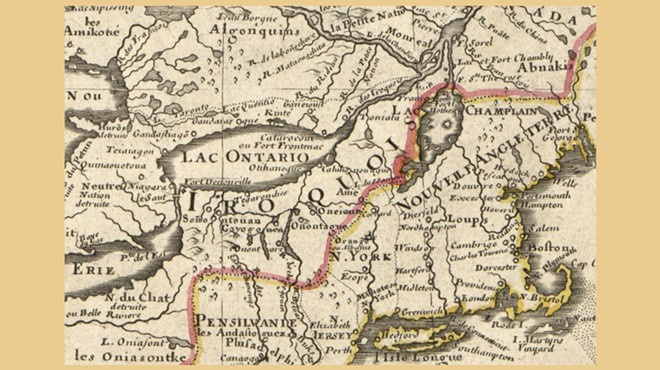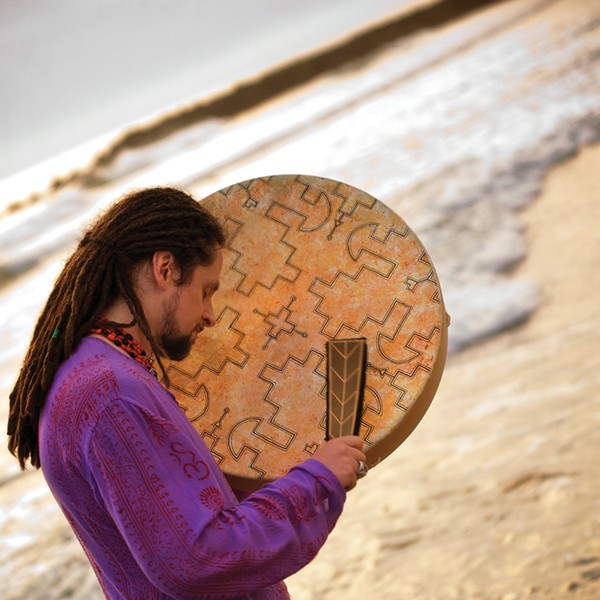——Carlos Castaneda
Esteemed Reader of Our Magazine:
“When you die, it’s not just your things that you can’t take with you,” the shaman said to the assembled circle. “It’s also your inner stuff.”
“You can’t take your name or titles. You can’t take your ideas or opinions or sentiments. You can’t take your affections or grudges. They all disappear because they don’t exist. That’s all part of the fiction you surround yourself with to construct a recognizable world.”
“What goes on is your essence, what you are,” he continued. “That being is the result of the efforts you have made to simply be—to be present and observant with your breath, your senses, and existence. The results of that effort go on, for as long as they can persist, depending on the strength you’ve accrued in life.”
Listening to the Peruvian shaman speak about life and death, I was reminded of a friend and healer (and frequent contributor to this magazine),
Dylana Accolla, who died in September, after a brief, intense illness. She was one who, by the way she lived, aided healing—a return to wholeness—in others. And in the way she died, she created an opening to a world beyond the ordinary for those who were with her.
Dylana was a beautiful, graceful, and generous woman. She was a persistent seeker, ever-striving, and applying herself with diligence to spiritual practices. Ironically, as her confidants can attest, she was unsure of her personal path and inner work. But those who received her acupuncture treatments and health counsel had no sense of this insecurity. It was in the context of helping others that Dylana was able to be most present. It was in service that she gave the fullness of her self, and was able to be.
Perhaps this was why she chose the healing profession—she was able to make an unrestrained effort in that work—to be an agent of transformation.
When Dylana became ill her community coalesced in support. Her partner set aside everything to care for her with impeccability, and the people she had treated, prepared meals for, and shared her presence with, came forward to help.
When it came time for Dylana to go, a vortex of love and acceptance had stirred up in a dance of service with family and friends that made her passing a real event. In the best sense, what she had sown, Dylana reaped, together with the people in her sphere. And as she gracefully died the others she had invited to travel with her caught a glimpse of the edge of this world.
The atmosphere of real acceptance and engagement around the event was like what surrounds a woman in labor, who engages with her ordeal so fully as to travel through a portal into a new mode of life. Even children were able to assimilate the teaching of illness and death from the way Dylana and those around her modeled a healthy approach to the circumstances.
In this sense Dylana’s work as a helper, or shaman, or bridge for traversing worlds, persisted up to, and beyond, her death. It continues even now, as those touched by the event carry the tenderness and sense of the precious fragility into our daily lives.
It is difficult to make sense of Dylana’s heartbreaking early departure—at the height of her vibrancy, ripening from knowledge to wisdom, from skillfulness to mastery. But “why” is the devil’s question. What is clear is that her death was a fulfillment of her life, and a catalyst for her community.
Sitting in circle, the Peruvian continued, “The most we can hope for is to die well,” he said. “To die well, we must live as though every act is of grave importance. Inevitably we will die in a way that is consistent with the way in which we live.”
His voice was strong and sweet when he sang a simple song, like a mantra: “The ocean refuses no rivers... The ocean refuses no rivers… The ocean refuses no rivers.”
Shaman. That’s what the people in the circle called him, but he said there are no shamans anymore. They belong to past epochs. Now there are only helpers—men and women who, in the way they live and die, have taken one step up the staircase of being, and in moving on, help others take the step they’ve vacated.


















